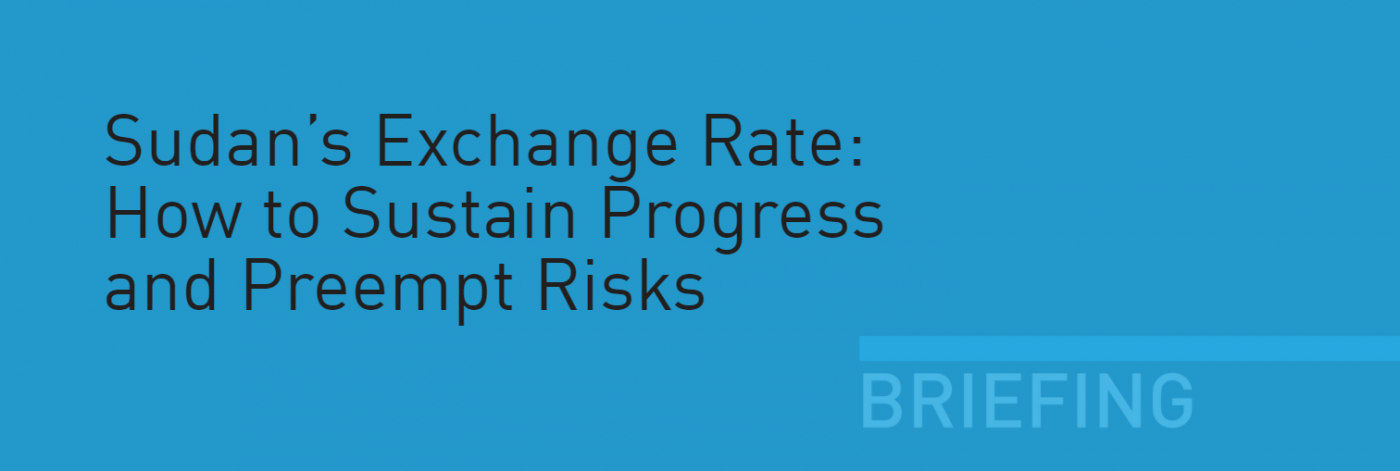
On February 21, Sudan’s civilian-led transitional government implemented a managed float of the Sudanese pound, aligning the official exchange rate, previously at 55 Sudanese pounds (SDG) to $1, with the parallel market’s rate of 375 SDG to $1.1 The elimination of the defective exchange rate system opens the door for a potential windfall of benefits for the economy by leveling the playing field for the private sector, encouraging foreign investments, and eliminating venues for corruption. This long overdue reform represented a 580% devaluation of the national currency and fueled concerns over Sudan’s rate of inflation, which stood at 304% in January—one of the highest rates of inflation in the world.2 3 Many Sudanese economists cautiously welcomed the move while warning that it will need to be complemented by broader economic and governance reforms in order for stabilization of the economy to take root and become sustainable.